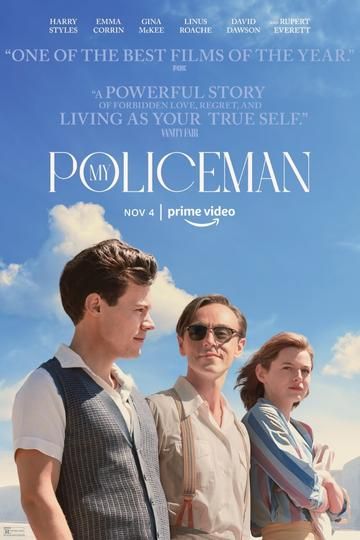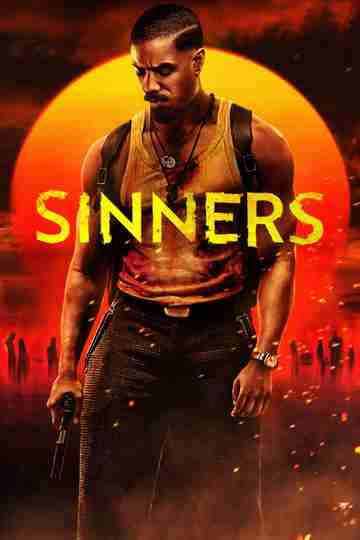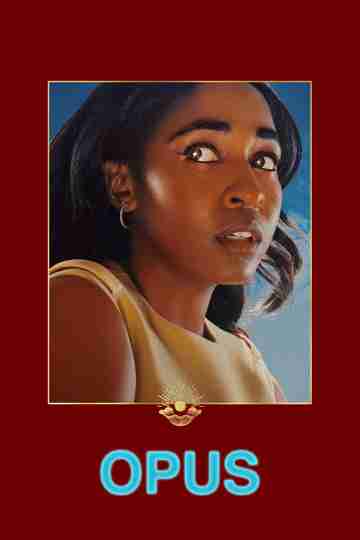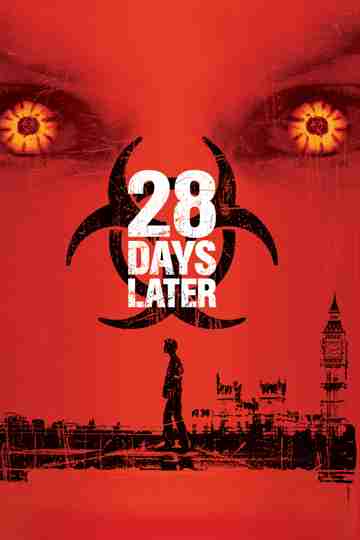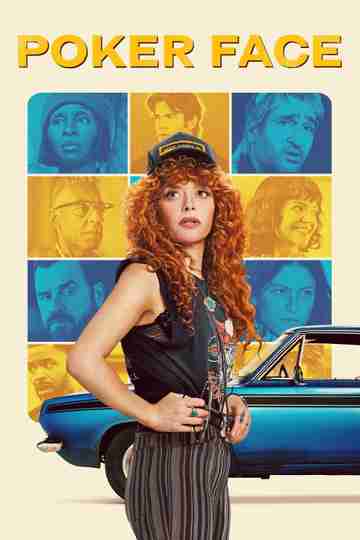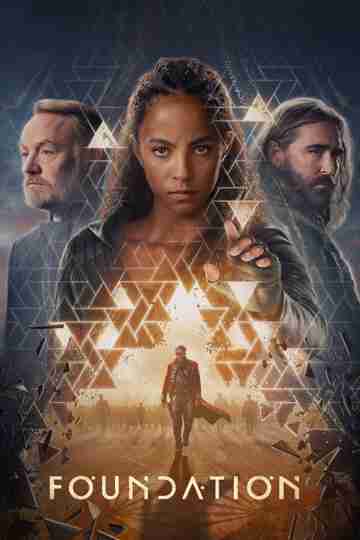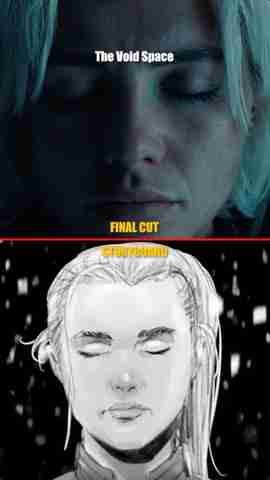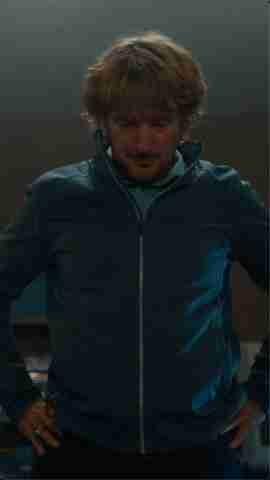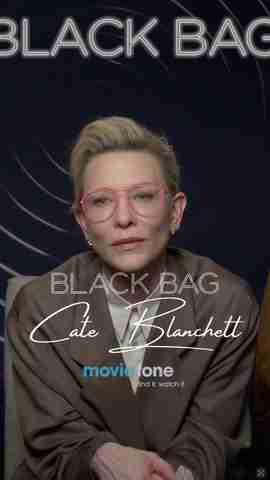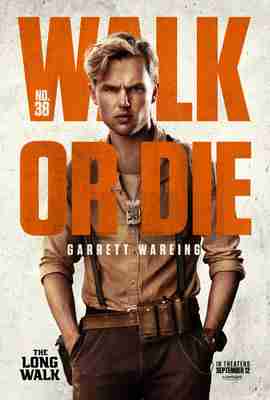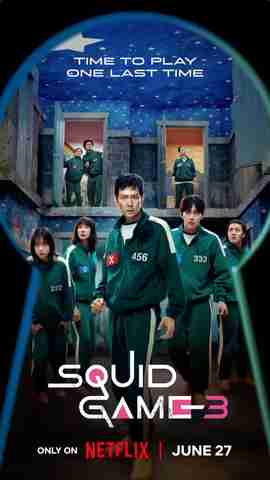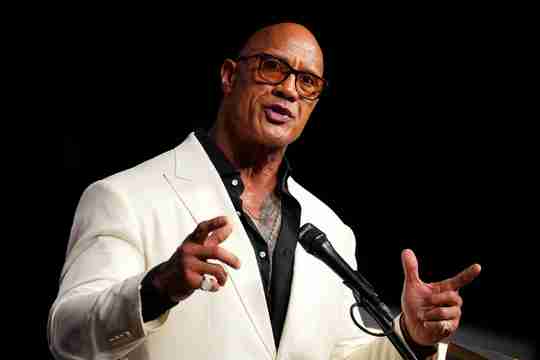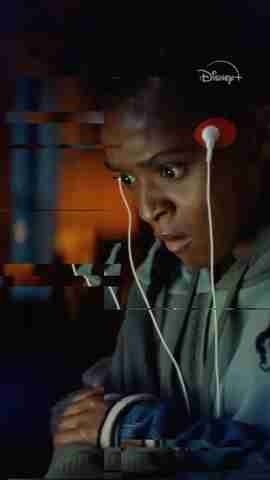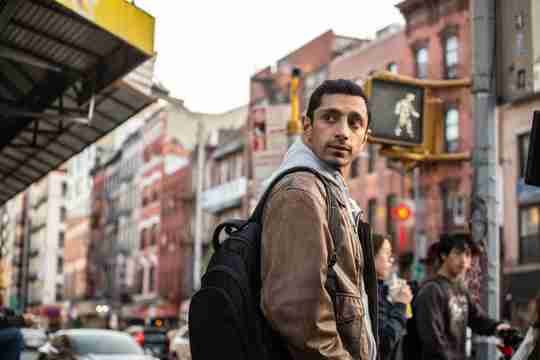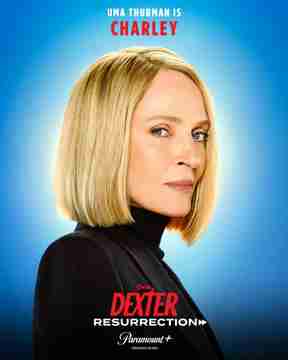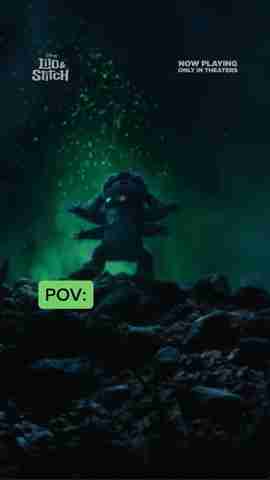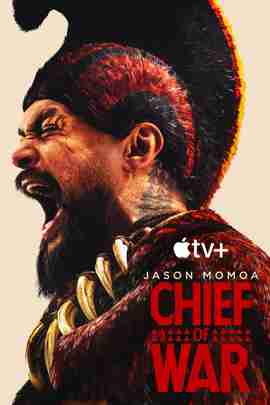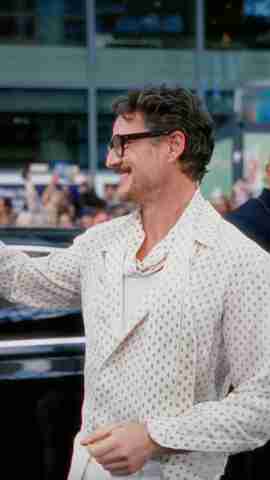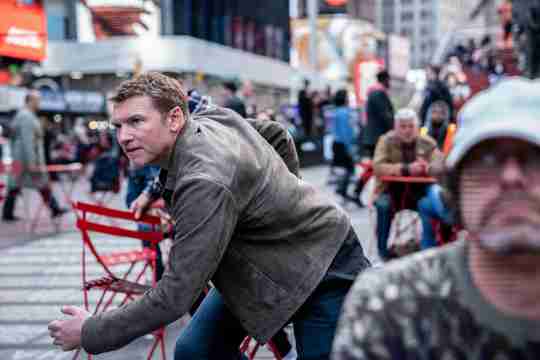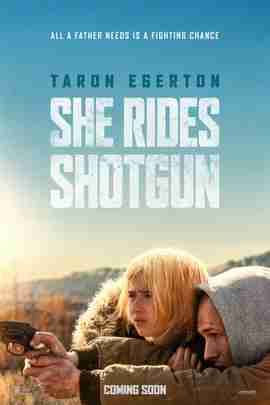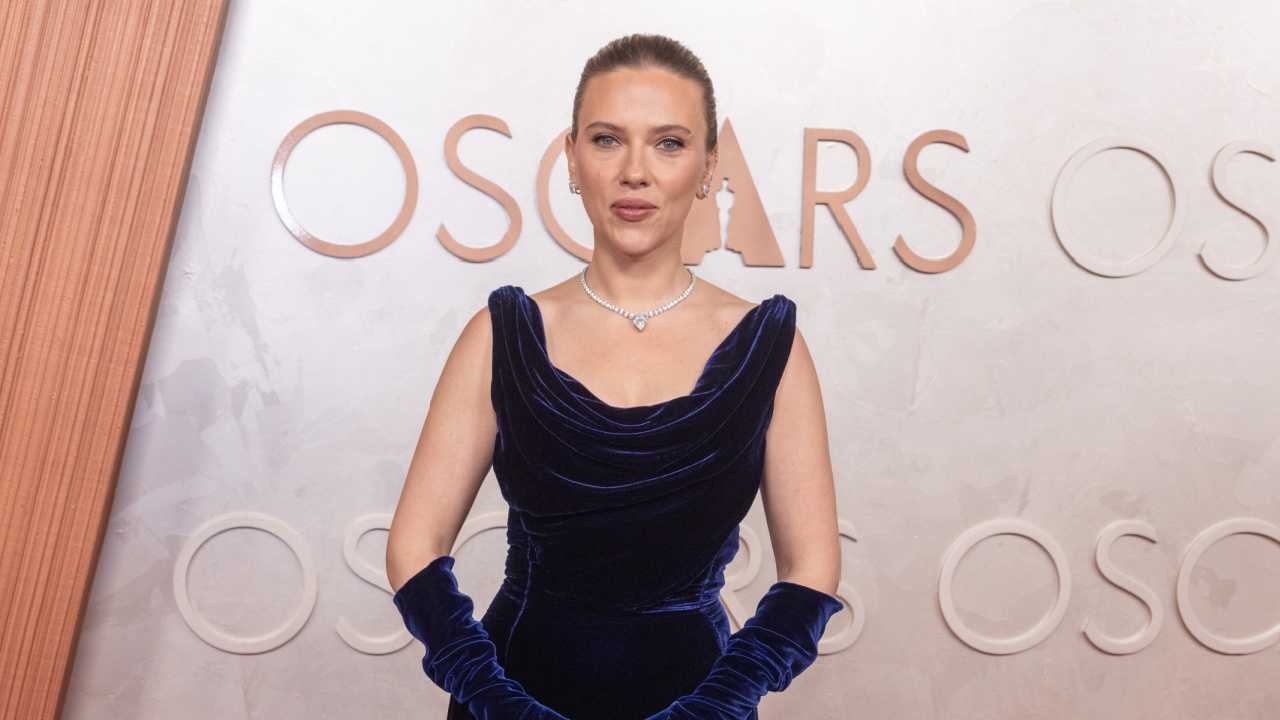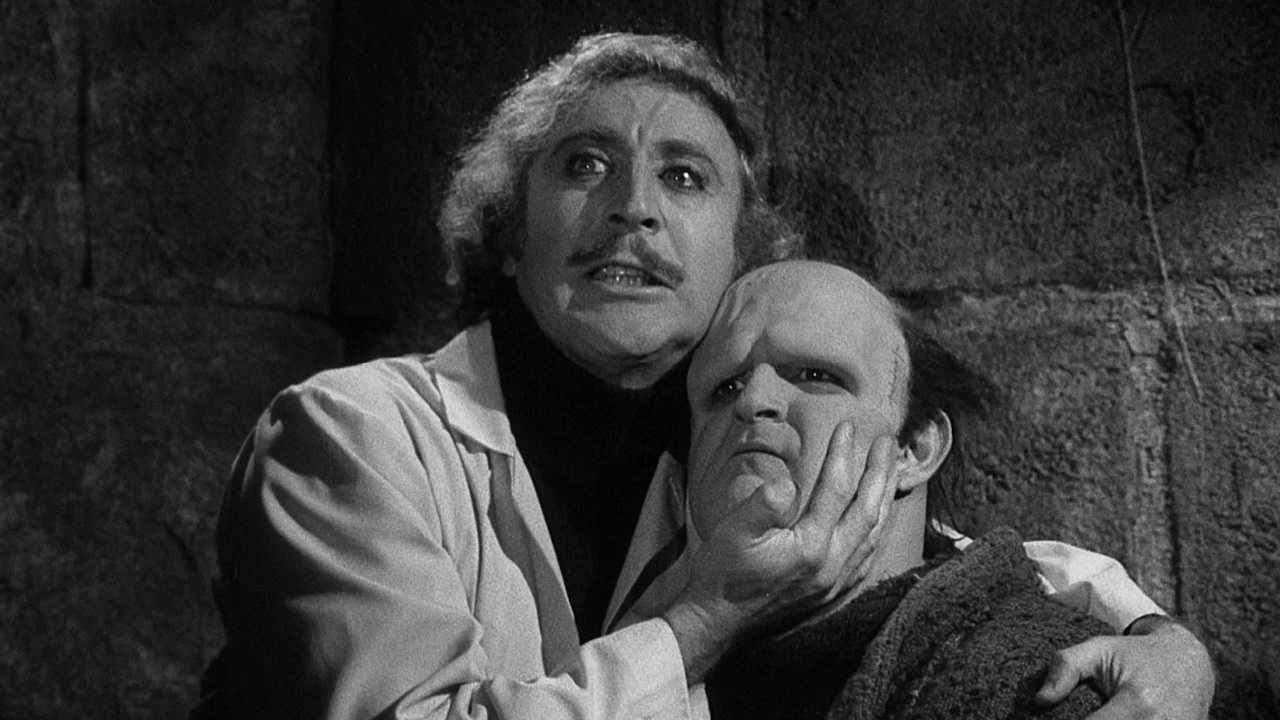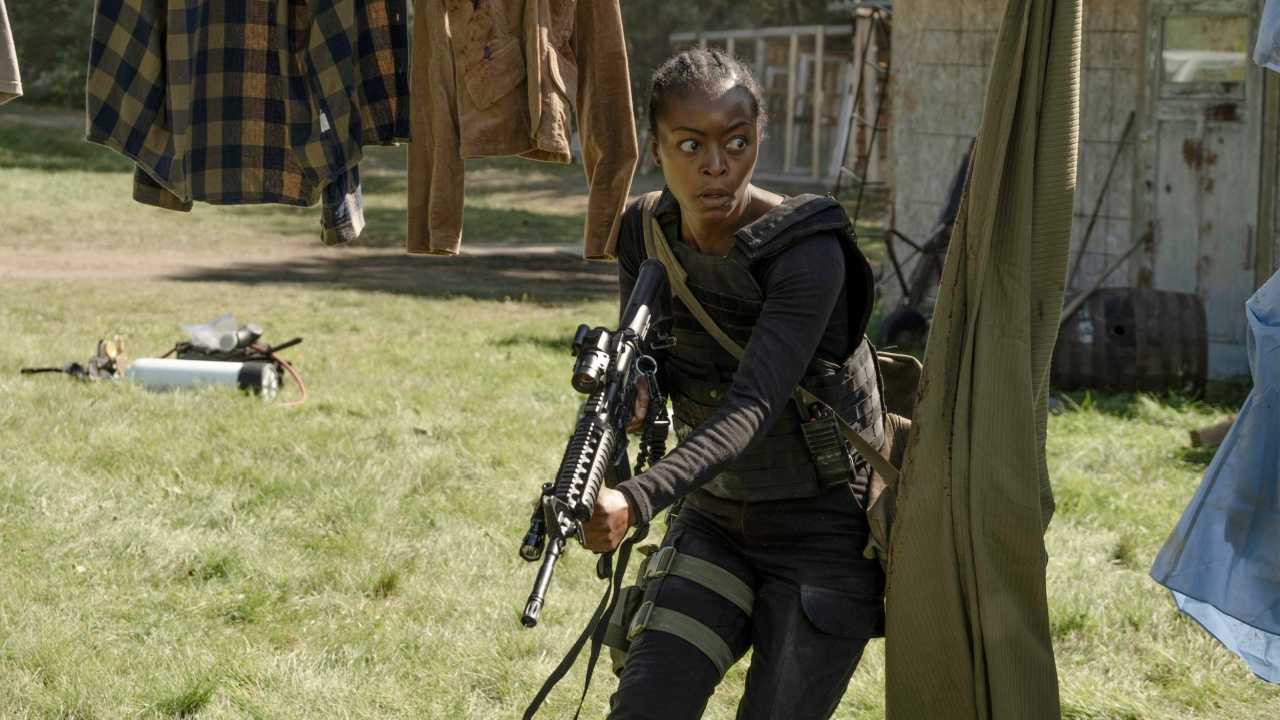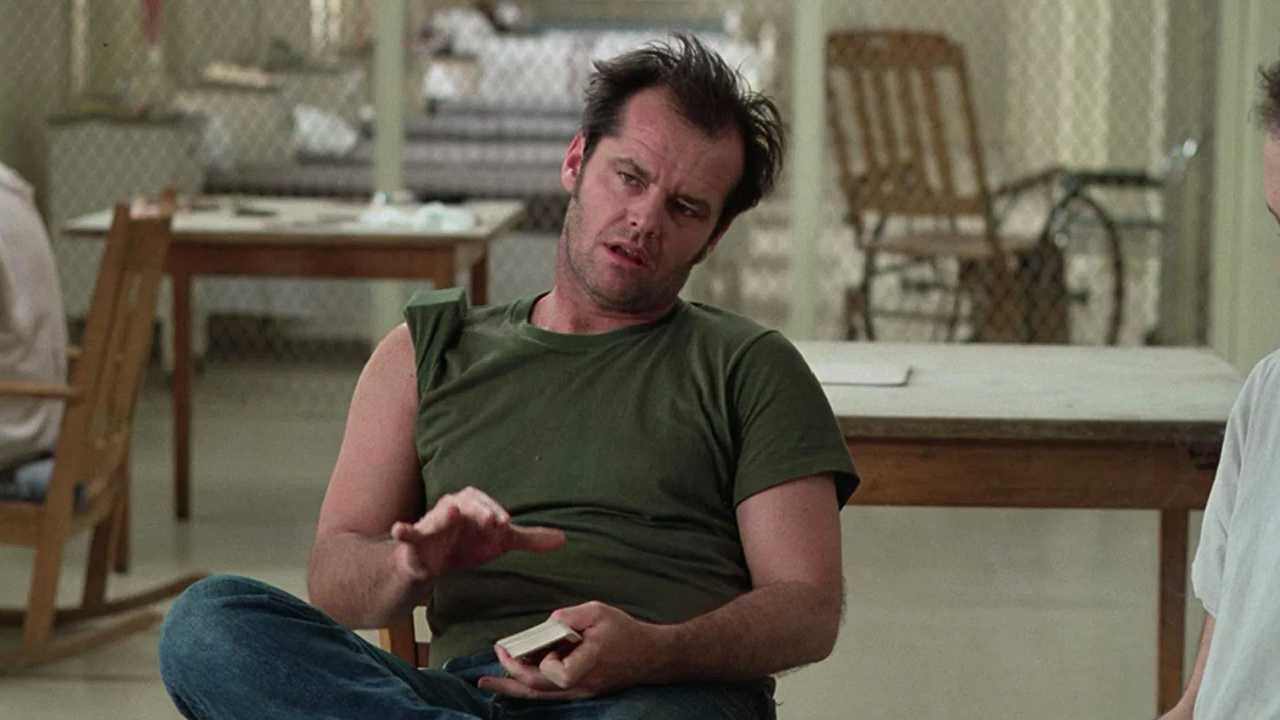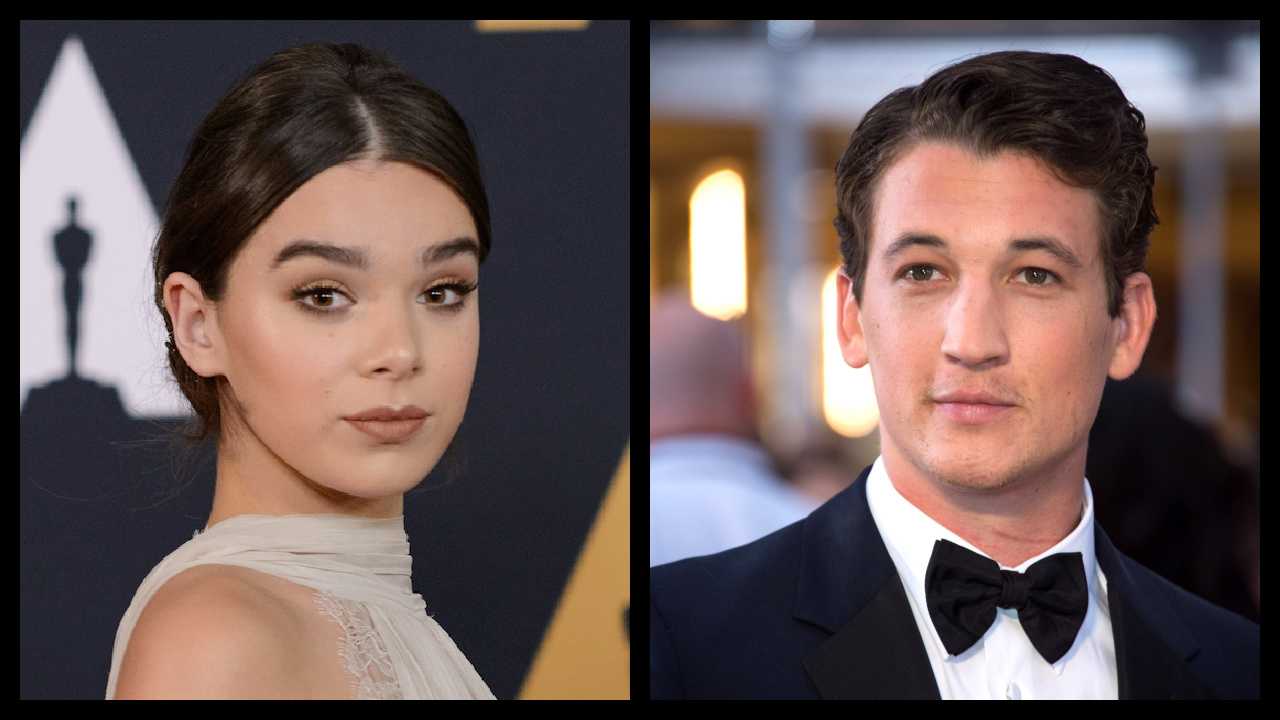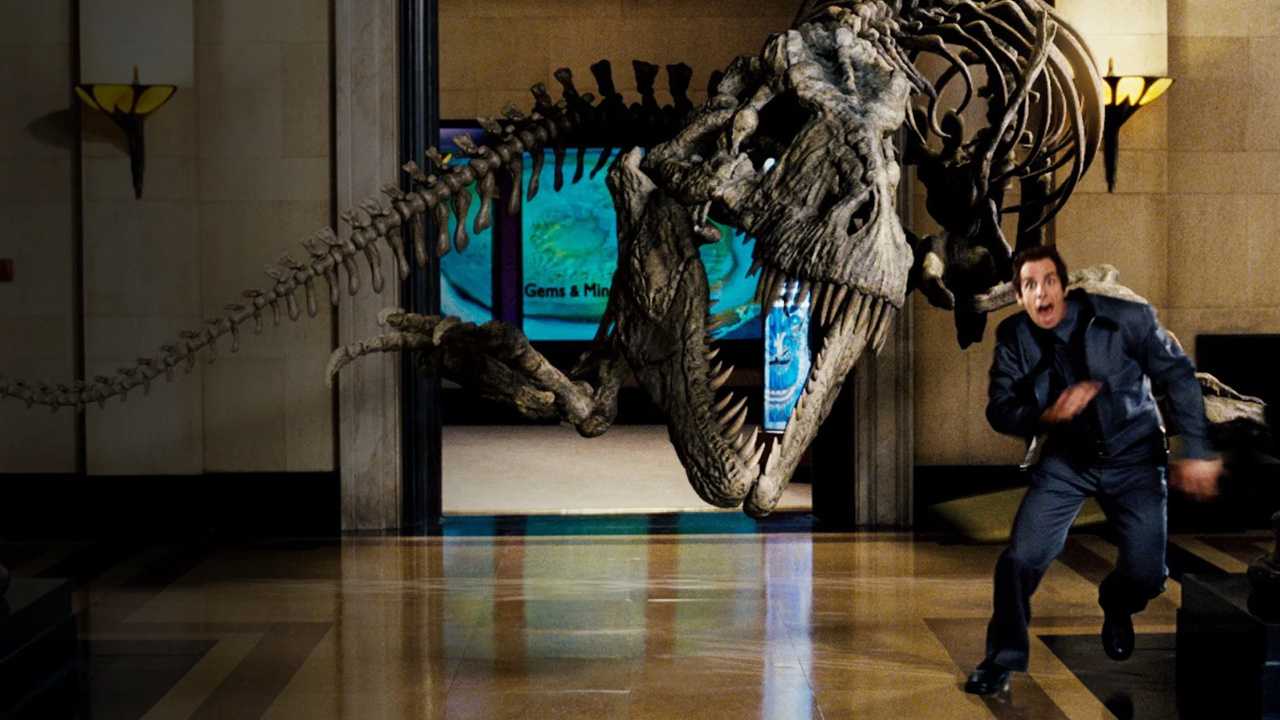Director Michael Grandage and Actress Gina McKee Talk 'My Policeman'
Moviefone speaks with Grandage and McKee about 'My Policeman.’ "I love to make a movie that is part of something that is important," the director said.
Opening in theaters on October 21st and streaming on Prime Video November 4th is the new romantic drama ‘My Policeman,’ from director Michael Grandage.
First set in 1950s Brighton, a gay policeman, Tom Burgess (Harry Styles), marries schoolteacher Marion Taylor (Emma Corrin) while being in a relationship with Patrick Hazlewood (David Dawson), a museum curator.
The secret they share threatens to ruin them all and continues for decades, with a flash-forward to the late 1990s depicting an older Marion (Gina McKee) now caring for the ailing Patrick (Rupert Everett), against Tom's (Linus Roache) wishes.
Moviefone recently had the pleasure of speaking with director Michael Grandage and actress Gina McKee about their work on ‘My Policeman,’ why Grandage wanted to make the movie, setting the movie in two separate timelines, the pain and regret that Marion feels, why she chooses to help Patrick, and how McKee worked with actress Emma Corrin to create the character.
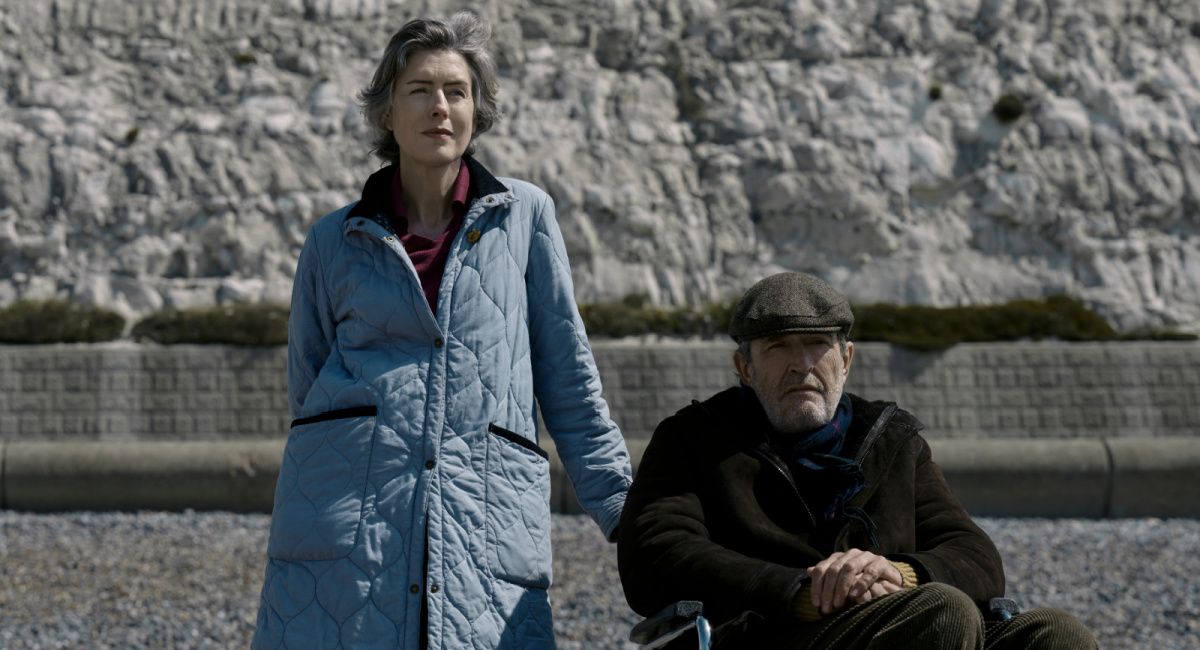
(L to R) Gina McKee and Rupert Everett star in 'My Policeman.' Photo: Parisa Taghizadeh. © Amazon Content Services LLC.
You can read the full interviews below or click on the video player above to watch our interviews with director Michael Grandage and Gina McKee about ‘My Policeman.’
Moviefone: To begin with, as a director, what excited you about this project and what were some of the themes that you wanted to explore with this movie?
Michael Grandage: Well, it's always great when you think you can bring something of a personal voice to something. I was born in the England that this movie is set in, and the law didn't change until I was quite young. When it did, there were years of prejudice left after it.
I kind of thought it would be lovely to be able to make something quite apart from all of the cinematic reasons I wanted to make it, quite apart from all the thematic reasons, it would also be wonderful to make a movie that might be part of a slightly bigger debate. Because in spite of all of the wonderful advances that have been made, that I'm very proud of over the last 40 years by the LGBTQ+ community, I think for the moment it's feeling a little fragile.
I think right now it would be great to have a film in the consciousness of young people that helps them understand a little bit about what it's like if you live in a society where you can't be free to be yourself. So, for me, and I haven't even touched on the answer to your question about all of the aesthetic and creative reasons, but that's one big reason why I’d love to make a movie that is part of something that I think is important right now.
MF: Can you talk about the challenges of setting the movie in two separate timelines?
MG: Yeah, I mean for me, I actually see it almost as three because you can't help but take the timeline you are in and watch it through the prism of 2022. You watch a film that takes place 23 years ago in 1999, and then beyond that. In a way, you go on some brief moment of time travel right up to the present to see what has changed from a societal point of view. I think that's also helpful as part of the bigger picture.
But the biggest reason I wanted to do it was because of the fact that I believe that missing 40 years in the film, I think we change hugely in our personalities in a period like that. I was wanting to explore the whole notion of time and memory and what it does and how, sometimes, it only seems like yesterday. The reason we have that phrase is sometimes it does, and other days it absolutely doesn't.
So, there's a little moment when Rupert Everett's character in the film is getting his pills from Gina McKee, and he looks up at Gina and just in a tiny flash he sees the younger Marion looking down at him. Because that's what memory sometimes does, that's how memory works, that's how time works. But it's a brief fleeting moment, and I think you can only do that if you're playing with the two time periods.
I knew I wanted to use it very fleetingly, the whole way you bring the one time period into another time period. I barely use it at all, but it's there as a kind of unspoken thing, if you like.
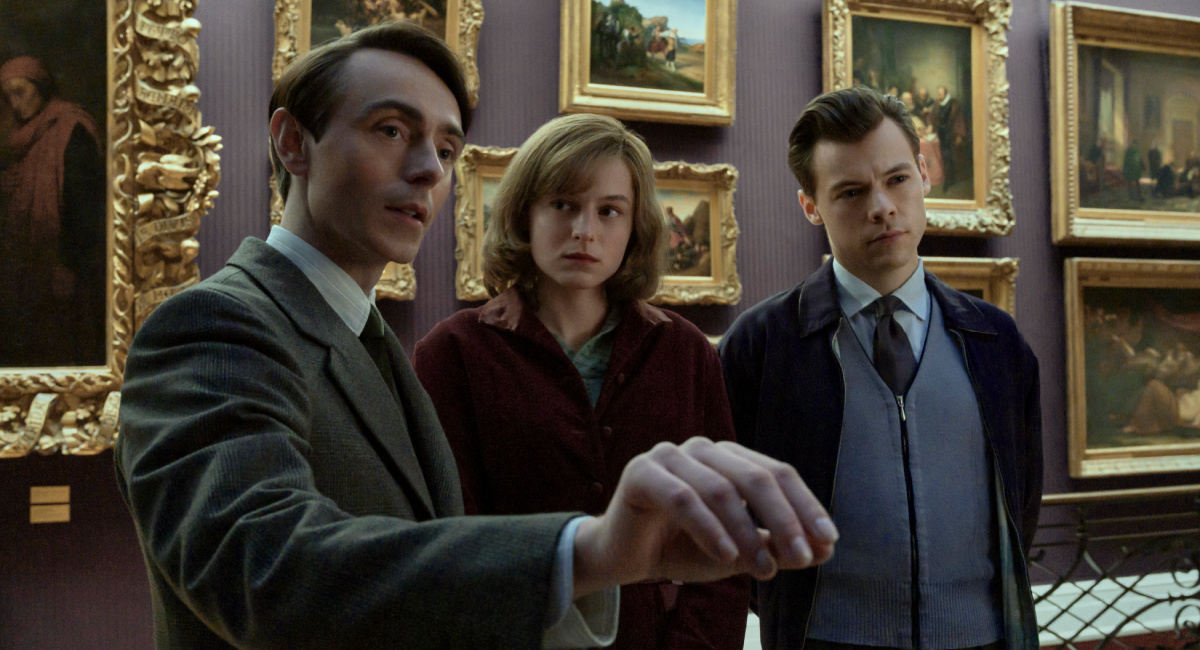
(L to R) David Dawson, Emma Corrin, and Harry Styles star in 'My Policeman.' Photo: Parisa Taghizadeh. © Amazon Content Services LLC.
MF: Gina, could talk about the pain and the regret that Marion has lived with through all these years?
Gina McKee: I think that's a really good starting point because as you may have established already, we meet three people in the 1950s, who are brought together by love and divided by prejudice. The things that they experience with each other and the things that they do for and against one another indelibly marks them. So, there's a lot. All three characters have regret and certainly a huge amount of pain. In Marion's case, a massive learning curve.
She also has a huge sense of duty and love. The bond of love brings her together with Tom, and they find solace in that love. But I think ultimately, the courage to face the past is something that completely drew me to the film. What happens when somebody like that doesn't continue to seek refuge, who says, "No, we've got to check this out. We've got to look at this." I think that's a wonderful dynamic and ultimately for me, a very hopeful thing.
MF: Why does Marion decide to help Patrick, all these years later, even against Tom's own wishes?
GM: Because she has to, there's no way forward. They're in a holding pattern and that can't continue. You've got a woman who is now in retirement and it's now or never. So, I think that there is lots of forms of love and I think Marion's duty to Tom is absolute. Sometimes, the way she interprets duty is completely screwed up as you see in the movie.
But that is really the heart of her motivation. Then, what continues for decades is duty. It is a strong bond that they have, but it's a bond which is about solace as opposed to moving forward. Those elements are really potent.
MF: Finally, since you are playing the older version of Marion, did you work at all with Emma Corrin, who plays the younger version, to establish a connection between the two performance?
GM: Emma Corrin and I, because it was COVID protocols, we couldn't physically meet. We were in separate bubbles. But we did talk on the phone. We also all had a collective Zoom conversation, which was quite extensive and that was really useful. We talked with Michael Grandage, our director, who became a brilliant conduit.
Also, I had the good fortune to look at about three or four of her scenes that Emma shot already, because they shot the 1950s stuff first. That was a brilliant resource. I also checked out as much as I could of Emma's work and studied elements of the way she has a fantastic ability to watch and listen, and that comes across in her work enormously. So, those elements absorbed hopefully by osmosis. I found them really useful.
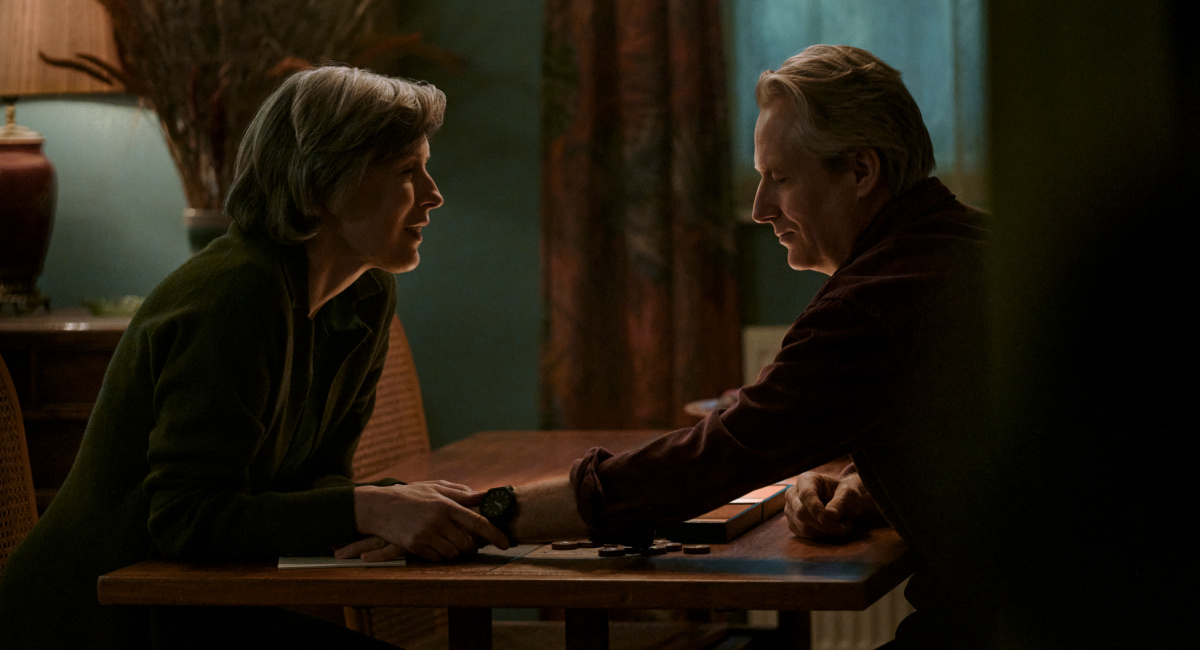
(L to R) Gina McKee and Linus Roache star in 'My Policeman.' Photo: Parisa Taghizadeh. © Amazon Content Services LLC.
